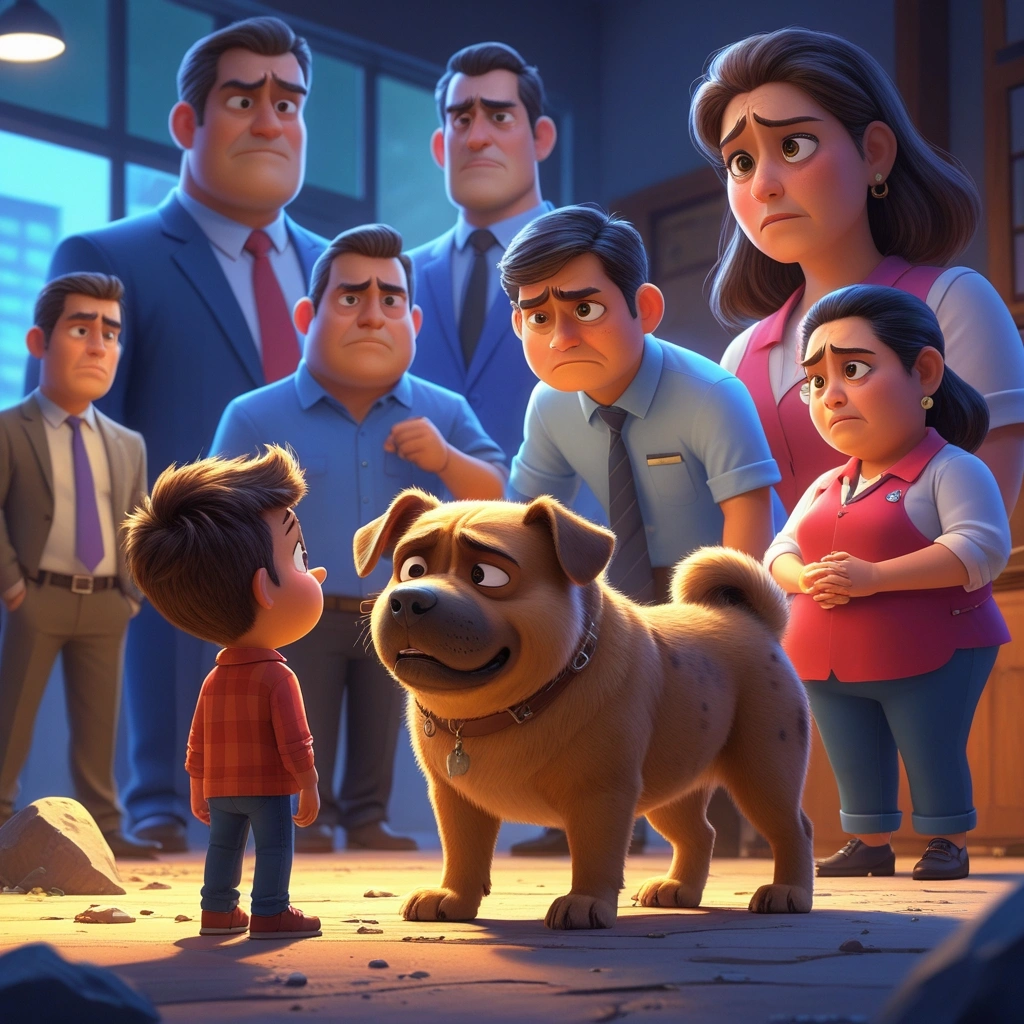Once, there was a prosperous businessman who owned a health insurance company. One morning, as he was about to enter his car, a stray dog sleeping underneath suddenly sprang up and bit his leg. Furious, the businessman grabbed a few stones and hurled them at the fleeing dog, but missed each time.
Later, at the office, he convened a meeting with his managers and vented his anger over the dog’s bite. The managers, feeling the brunt of their boss’s fury, redirected their frustration toward their employees. This chain reaction of anger continued down the line until it reached the office peon, who had no one left to take it out on.
The Cycle of Anger After work, the peon returned home, still simmering with frustration. His wife greeted him at the door and asked, “Why are you so late today?” Without thinking, the peon lashed out, slapping her and snapping, “I’m not here to play games; I went to work!”
Stunned and hurt, the wife took her anger out on their son, who was watching television. “Turn that off! You’re always wasting time!” she shouted, slapping him as well.
Upset by his mother’s reaction, the son stormed out of the house, where he spotted the same stray dog wandering nearby. In a fit of frustration, he picked up a rock and threw it at the dog, hitting it and causing it to yelp in pain as it ran away.
Unbeknownst to him, this was the very same dog that had bitten his father earlier that day.
Moral:
Our actions can create a cycle of negativity. What we sow, we shall reap. Rather than worrying about the consequences in distant realms, we should focus on how we treat others. Kindness begets kindness, while anger only leads to more anger.





